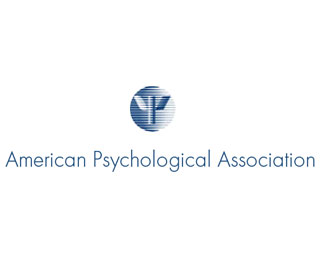
The new analysis was based on earlier examination of transplants in the nervous system. This new important research seems to confirm that the cell transplants could probably help the brain in healing itself. Eventually, it could also make way for new therapies that may benefit dementia patients.
The scientists suggest that more generally, development and testing of new ways may help repair an injured nervous system. They reveal that it may be possible through a number of means including new drugs, modified cells or transplanted neural and non-neural brain cells. These findings seem to confirm the potential of cell grafts to stimulate the release of growth factors for neurons in a process called neural plasticity. They may also excite regeneration or reorganization of a part of the brain, and restore cognitive function as part of this process.
This research is centered upon the hippocampus, the shrinkage of which in Alzheimer’s disease may cause steadily worsening symptoms. An essential player in the hippocampal learning system namely subiculum and the adjacent entorhinal cortex was targeted by the experts. Comprising of the hippocampus itself, this is known to be a major output structure connected to the cortex and the self-aware thinking part of the brain.
Earlier the scientists had exhibited that damage to the subiculum could lead to deterioration of the hippocampus, probably leading to problems with learning. Next the researchers hoped to solve if they could repair the hippocampus and restore the memory functions. At India’s National Institute for Mental Health and Neuro Sciences and National Centre for Biological Sciences (Tata Institute for Fundamental Research), both in Bangalore, the experts claimed to have demystified the mystery.
A neuron-destroying chemical was first injected by the scientists into the subiculum area of approximately 48 adult rats. After this, the investigators used precise micro-injections to transplant hippocampal cells that had been taken from newborn transgenic mice and cultured in an incubator into the hippocampi of about half the rats. Labeled with a green fluorescent protein, these special cells were then tracked after transplantation.
After nearly two months, the scientists evaluated the learning and remembering efficiency of both the transplant and non-transplant rats. Armed with two well-established maze tests of spatial learning, it was found that the rats given cell transplants had recovered completely. On both mazes, these rats were observed to have performed as well as those that did not seem to have damaged subiculums. Without transplants, the rats did not appear to recover and seemed to have numerous problems in learning their way through the mazes.
Following this and careful examination of the rats’ behavior, the scientists evaluated the brain’s happenings. It was observed under the microscope, that the transplanted cells had settled mainly in a sub-area of the hippocampus called the dentate gyrus. In this region, the transplants seem to have promoted the secretion of two kinds of growth factors.
Boosting the growth and survival of the cells that give rise to neurons, these were brain-derived neurotrophic factor and fibroblast growth factor. The expression of brain-derived growth factor seems to have increased by nearly three times in the hippocampi of rats that had cell transplants. Transplants, the experts suggest could be significant in offering more neural growth factors in the hippocampus. Apparently this could be because the formation of new neurons in that region may be important for cognitive function.
“Neural growth factors, also called neurotrophic factors, hold great promise for treating neurological problems. These specialized chemicals provide an ideal micro-environment for making new neurons,†said co-author Bindu Kutty, PhD. “They also protect existing brain cells, especially following an injury or other neurological insult.â€
The present findings seem to exhibit the potential of brain-cell transplants in restoring function. However additional analysis is required to better comprehend the underlying repair mechanism and the supposed role of growth factor in brain health.
The research was announced in the December issue of Behavioral Neuroscience, published by the American Psychological Association.
